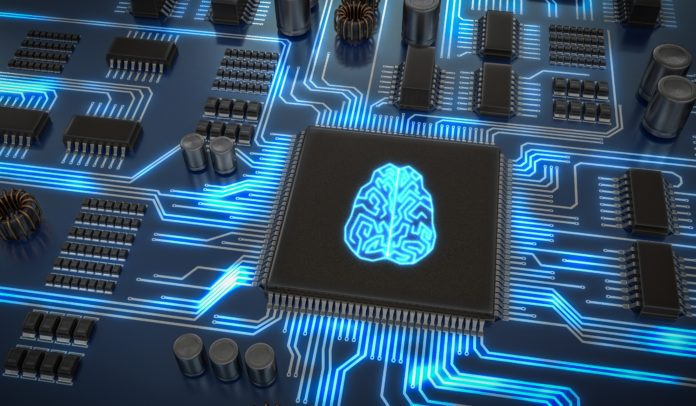Miles Tayler, senior fellow at the R Street Institute, recently moderated a fascinating panel on quantum computing.
Several others were with him on the panel: Chris Fall, Ph.D., senior adviser, president’s office, Center for Strategic and International Studies; Scott Friedman, senior policy adviser, House Homeland Security Committee; Allison Schwartz, global government relations and public affairs leader, D-Wave Systems; and Kate Weber, Ph.D., policy lead for quantum, robotics, and fundamental research, Google.
They spoke about the practical applications of quantum computing, how the U.S. was falling behind several companies on this technology, and why that could be a terrible thing.
Let’s talk about quantum computing and how it will be a game-changer for everything from simulation and modeling to artificial intelligence (AI). I’m pretty sure we aren’t ready for a quantum AI:
Quantum capability is closer than we think
While we are still at least a decade from when we get to a point when quantum computers can even begin to reach their full potential, quantum emulators and current generation quantum computers are beginning to do some real work.
We are learning that quantum computers are naturally better when emulating and interacting with reality, because nature doesn’t consist of just 1s and Os. The more complex a problem, the better able a quantum computer can deal with it.
Initial applications are increasingly focused on logistic types of problems with many moving parts. For instance, it is being used heavily by foreign governments that use it for logistics management, such as Australia’s military using autonomous vehicles that don’t put soldiers or contractors at risk. Current generation computers were not powerful enough, and since the military lives or dies on logistics, having a far more effective tool using quantum computing could.
Australia would have an increasing advantage over time if it came to open conflict due to a quantum tool to aid in logistics. In addition, applied to emerging intelligent weapons, like drone swarms, quantum computing should position the drones collectively for maximum impact more effectively. Together, these two implementations would give a military unit with this capability a significant advantage over those that do not.
Other examples are emergency response modeling and execution. The quantum computer is first asked to create a plan for a major disaster. It then assists in getting the available resources to those that most need them and mapping out and dynamically changing the plan for evacuations depending on then-current conditions.
See more: IBM Partnering with University of Tokyo on Quantum Computer
Quantum + AI
But things get interesting when we add quantum computing capability to an AI. Quantum computing can provide AIs with the ability to emulate emotions and act like they are feeling them. While this alone wouldn’t represent sentience, it would be hard to tell the difference. And a quantum AI would be better able to respond to complex signals, like expressions, eye movement, and body language that traditional computers find challenging.
An AI with a quantum back end could perform the role of therapist, say on a submarine or space exploration vessel that couldn’t justify a human therapist. And it would be far less likely to be biased, assuming it was properly trained.
A quantum AI would have a significant advantage as a 100% audit function. It would look at every transaction and see whether it was likely fraudulent or in violation of policy from the related metadata. Current human-driven audit organizations don’t have the bandwidth for 100% audits and miss a lot of actual crimes because they have to operate from far smaller samples.
Another area where quantum AI would make a considerable difference is government, as it could almost immediately identify graft and bribery. The relevant AI would be able to distribute the limited day-to-day resources daily more effectively, especially during a catastrophe, and assess liability for complex decisions far more accurately.
See more: IBM and the Promise of Quantum Hybrid Deep Learning AI
Quantum will be a major industrial advantage
While quantum computing is still far from its potential, with only a tiny fraction of the number of qubits needed to demonstrate that potential, it is already showing viability in several areas.
Those areas are military, such as in logistics and weapons, smart cities, government, emergency response, modeling, and simulation, where the complex problems are beyond conventional computers’ capabilities.
These capabilities will be a competitive game-changer for the armed forces, governments, and companies that effectively use this technology first. There will be such a significant advantage in any highly complex market, like stock trading, that those that don’t have access to this technology could quickly be eclipsed and made redundant by those that do. Fortunately, there is still time but that time is running out. Should a critical mass of governments, companies, or individuals get access to this technology, they’ll have massive advantages over those that don’t.
We are not ready for quantum AI, and we are running out of time.



